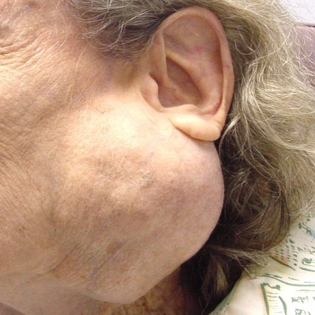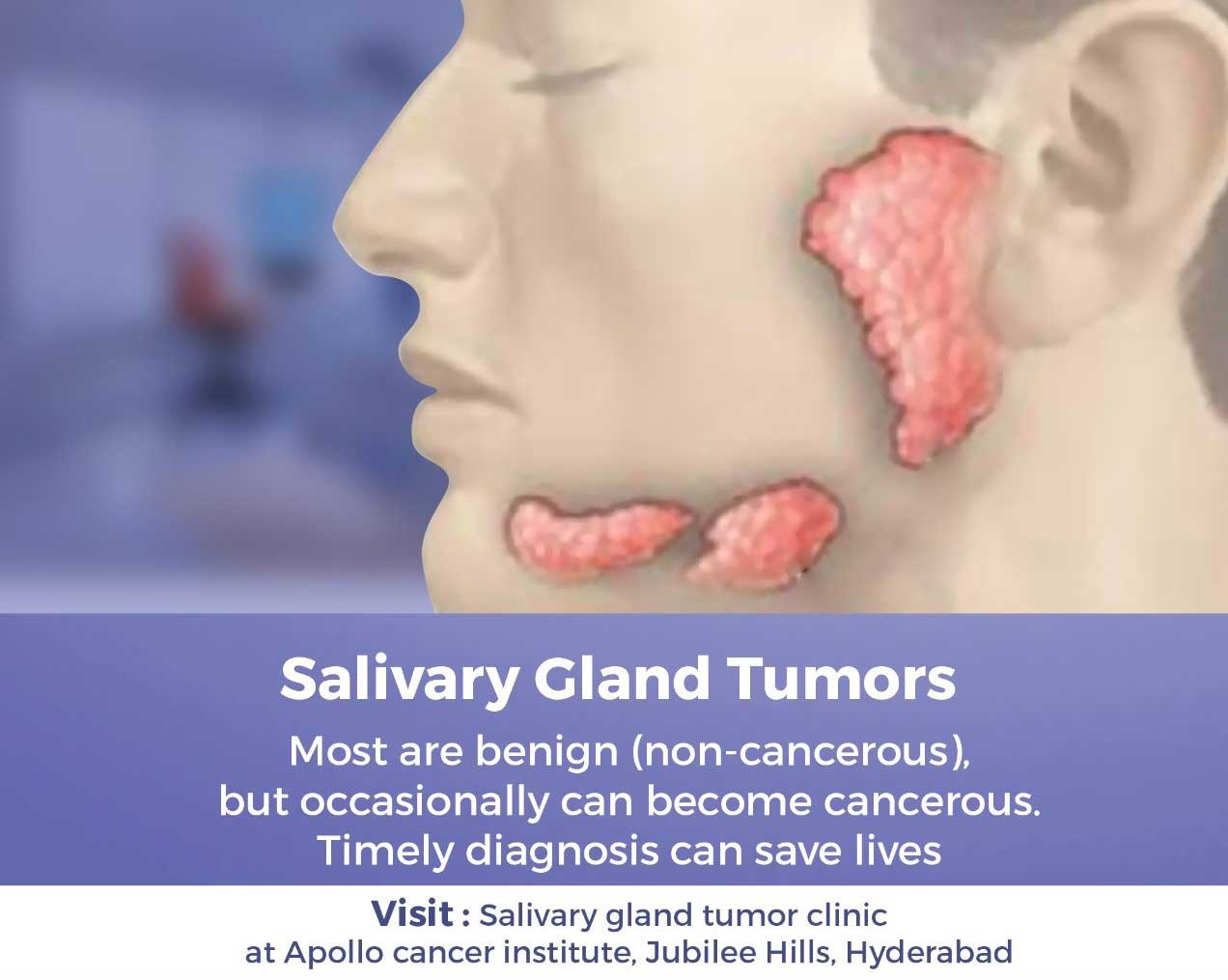Expertise
Salivary Glands

Click Here for More
- Parotid gland – Largest and most important. Located one on each side of the cheek
- Submandibular gland – one on each side under the jaw
- Sublingual gland – in the midline under the chin
- Numerous tiny glands spread all over the inner lining of the air and food passages of the Head & Neck.
Function:
Production of saliva to aid in digestion and maintain the normal lubrication of the oral cavity.

Conditions affecting the salivary glands that may require surgery:
- Submandibular salivary gland may be affected by repeated infection (caused by stones in their duct).
- Tumors – usually benign, occasionally malignant
- Pleomorphic adenoma: Most common. Though benign it requires surgical removal in view of its propensity for growth and rare instances of malignant conversion.
- Malignant tumours – Less common, more dangerous Muco-epidermoid carcinoma, Adenoid cystic ca and others
The challenge in any Parotid surgery is identification and preservation of the facial nerve and its branches. The facial nerve is responsible for the normal movements and expression of the face and damage to its branches affect these movements.Dr Umanath Nayak is a pioneer in Parotid surgery in India.
Types of surgery for tumors of Parotid gland:
- Superficial Parotidectomy: Tumor is removed along with a margin of normal parotid tissue.
- Total conservative Parotidectomy: Removal of the entire gland preserving the facial nerve.
- Total radical parotidectomy : Removal of entire gland along with the nerve. Generally recommended for aggressive cancers which may already have affected the nerve and caused paralysis.
Note:
- In certain cancers lymph nodes in the neck may also be removed during the Parotidectomy operation.
- Following surgery many patients with cancer are advised to take post-operative radiation therapy to reduce the risks of relapse.
In general low-grade cancers have an excellent chance of cure with proper surgery. High grade cancers may not do as well, but surgery followed by post-operative radiotherapy can still offer good control for many years.

